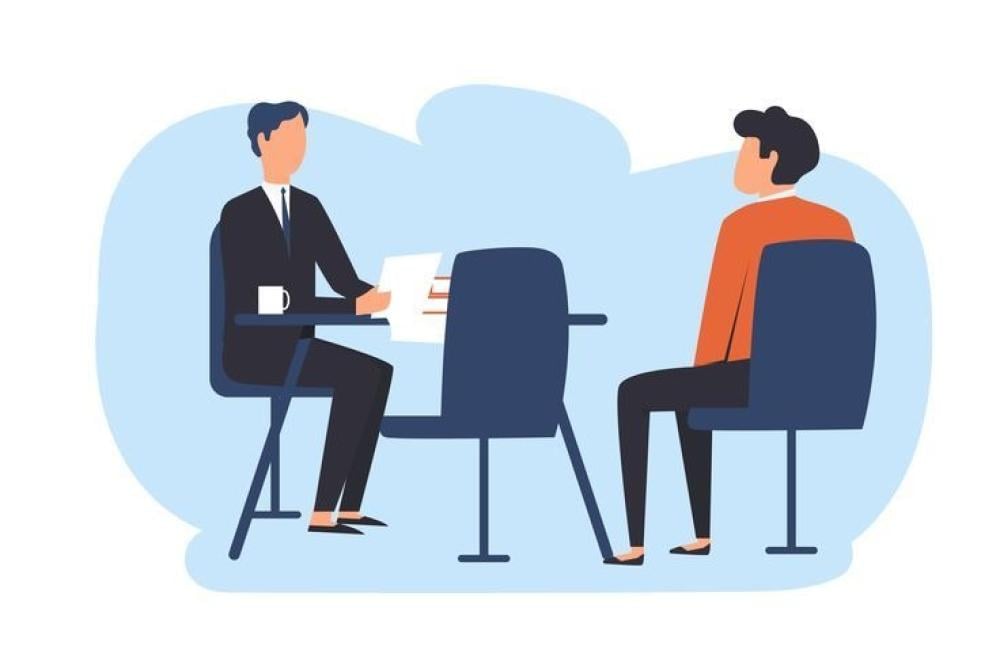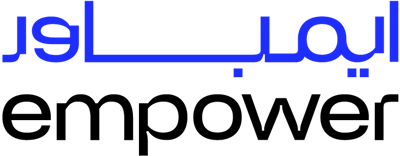
Embarking on the journey to ace a job interview can often feel daunting, but with the right preparation, you can navigate this crucial step in your career with confidence. Understanding how to effectively answer job interview questions, managing your body language, and mastering the art of self-introduction for an interview are pivotal elements that can set you apart from other candidates. This guide will equip you with essential strategies to prepare for a successful interview, ensuring you present your best self.
How to prepare for a job interview?
Preparing for an interview is a critical step in securing your desired position. By carefully planning how to approach job interview questions, mastering the art of self-introduction, and understanding the importance of body language, you can significantly enhance your chances of success.
1. Research the Company and Role
Before your job interview, invest time in thorough research about the company and the specific role you are applying for. Understand the company's mission, values, culture, and recent developments. This knowledge not only helps you tailor your answers to job interview questions but also shows your genuine interest in being a part of the organization.
2. Practice Common Job Interview Questions
Familiarize yourself with common questions during a job interview and practice your responses. Questions in an interview often include inquiries about your previous job experiences, your strengths and weaknesses, and your professional achievements. Practicing these interview questions can help you articulate clear and concise answers, and also help in managing anxiety during the actual interview.
3. Craft Your Self Introduction for Interview
Your self-introduction for an interview is your chance to make a memorable first impression. It should be succinct, highlighting your professional background, relevant skills, and why you’re a good fit for the position. Practice your self-introduction to ensure it feels natural and confident.
4. Prepare Answers to Behavioral Questions
Behavioral questions are a common part of job interview questions designed to understand how you've handled various work situations in the past. Prepare by using the STAR method (Situation, Task, Action, Result) to structure answers that showcase your problem-solving and decision-making skills.
5. Review the Job Description
Go through the job description meticulously to align your skills with the requirements of the role. This will help you predict some of the technical or role-specific questions in an interview, allowing you to prepare more targeted answers.
6. Plan Questions to Ask the Interviewer
Towards the end of your job interview, you’ll often be asked if you have any questions. Prepare thoughtful questions that reflect your interest in the role and the company. This not only demonstrates your enthusiasm but also helps you assess if the company is the right fit for you.
7. Practice Good Body Language
Non-verbal cues play a significant role in communication during a job interview. Practice maintaining good body language such as eye contact, nodding, smiling, and sitting upright. These gestures can convey your attentiveness and confidence throughout the job interview.
8. Conduct Mock Interviews
Consider conducting mock interviews with a friend or mentor. This practice can provide you with feedback on your answers to job interview questions, your body language, and your delivery of the self-introduction for an interview. It's a helpful way to reduce nerves and improve your performance.
9. Prepare Your Interview Materials
Organize and prepare copies of your resume, a list of references, and any other documents that might be required for the job interview. Having these at hand can show your organizational skills and attention to detail.
10. Dress Appropriately
Choose an outfit that is professional and suitable for the company's culture. Your appearance can make a significant impact on the impression you leave, so dressing appropriately is crucial.
By following these detailed steps and focusing on each aspect of preparation, from answering job interview questions to perfecting your body language, you can approach your job interview with confidence and poise. Remember, the key to success in an interview is not just what you say, but how you say it, and how well you present yourself as the ideal candidate for the role.
Top 20 essential interview questions and answers
Mastering job interview questions is crucial for a successful interview. Knowing how to handle common questions in an interview can significantly enhance your chances of impressing your potential employer. Below, we explore the top 20 essential interview questions along with strategic answers, incorporating essential aspects such as body language and the art of self-introduction for an interview.
1. Can you tell us about yourself?
This self-introduction for an interview should provide a snapshot of your professional background, key skills, and why you’re the right fit for the job. Keep your answer concise and focused on your career.
2. Why are you interested in this role?
Show your enthusiasm for the position by discussing how it aligns with your career goals and mention specific aspects of the company that appeal to you.
3. What are your greatest strengths?
Identify key attributes that relate directly to the job description. Be prepared to give examples of how you’ve demonstrated these strengths in previous roles.
4. What are your weaknesses?
Choose a weakness that you’ve been actively working to overcome and describe the steps you’ve taken to improve. This shows self-awareness and dedication to professional growth.
5. How do you handle stress and pressure?
Provide examples that demonstrate your ability to maintain productivity and stay calm under pressure, reflecting strong emotional resilience.
6. Describe a challenge or conflict you’ve faced at work, and how you dealt with it.
Using the STAR method (Situation, Task, Action, Result), describe a situation and how you effectively handled it, emphasizing your problem-solving and communication skills.
7. Where do you see yourself in five years?
Your answer should reflect career progression and your ambition to grow within the company, showing your long-term interest and commitment.
8. Why should we hire you?
Highlight your skills, experiences, and qualities that specifically match the job description and company needs. Be confident, not arrogant.
9. What are your salary expectations?
Research average salaries for the role and give a range. Be prepared to negotiate but do so respectfully.
10. What motivates you?
Discuss intrinsic motivations related to the job, like solving complex problems or contributing to team goals.
11. Tell me about a time you demonstrated leadership skills.
Even if you haven’t held a leadership position, you can discuss any situation where you took initiative or helped guide a project to completion.
12. How do you handle failures?
Provide an example that shows your ability to accept responsibility, learn from mistakes, and use them as an opportunity to improve.
13. How do you prioritize your work?
Discuss your time management and organizational skills, and how you balance urgent tasks with long-term projects.
14. What are your hobbies?
Choose hobbies that showcase transferable skills relevant to the job, or those that demonstrate a well-rounded personality.
15. Do you prefer to work alone or on a team?
Explain that you are comfortable in both scenarios but tailor your answer to what is more suitable for the role you are applying for.
16. How do you evaluate success?
Talk about your criteria for measuring success on the job in terms of personal growth and contributions to the company’s goals.
17. Tell me about a time you had to learn something quickly
This question assesses your adaptability and eagerness to grow. Provide a specific example.
18. Do you have any questions for us?
Always have a few thoughtful questions prepared to demonstrate your interest in the role and company.
19. How would your previous coworkers describe you?
Share a few positive traits or feedback you’ve received from peers to underscore your teamwork and interpersonal skills.
20. What did you like most about your last position?
Focus on aspects that are similar to the role you are applying for to show your passion and alignment with the job.
When answering these job interview questions, your body language also plays a crucial role. Maintain eye contact, sit upright, and use hand gestures moderately to convey confidence and engagement. Remember, a successful job interview involves not just answering questions effectively, but also presenting yourself as the ideal candidate through both words and actions.

